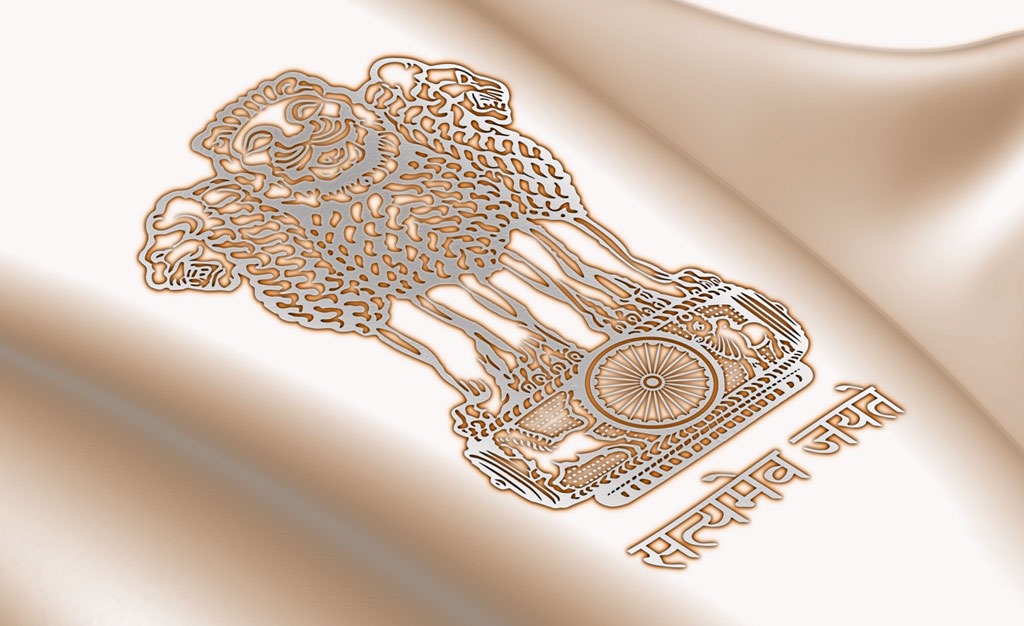Like millions of Indians, I listened to budget speech of Finance Minister P.Chidambaram on the 28th of Feb. It was a well prepared speech and the FM should be congratulated for his efforts given the compulsion of coalition politics. There has been enough media attention on the last one week on the good things (which I should say definitely is lot), so I don’t want to repeat it. Instead I want to focus on what was not good.It is not to say that this was a bad job, but this was the “Dream Team”, the dream of several crores of Indians. This team could have certainly done a better job. Some of the tough issues that plague Indian Tax System and Indian Inc. is unresolved. If it cannot be treated with urgent surgeries by this team, it raises the question then “Who can?”.
As an Entrepreneur and a Tax Payer these are some of the issues I would have liked him to have done:
1) I liked his promise of simplifying the tax laws. He has removed two Income Tax exemptions, this idea should have been extended across the board and many such archaic exemptions and surcharges should have been removed. Reform and Simplify the complex/archaic Indian Tax laws (Customs Duty, Excise, Income Tax & even the decade old Service Tax). For example, if you have check whether a particular service is taxable or exempted, you need to go all the way back to 1994 (or so) when the Service Tax was introduced and then follow each years amendments. Though the FM has subsequently announced a comprehensive look at Income Tax Laws is on the cards and a new simplified law is expected by Calendar Year End. He is currently talking about reform only for Income Tax law, I am not sure why he is doing this piecemeal, it should be across the board, covering all the tax laws of this country.
2) Related to my previous point is that the single largest contribution to litigation is the ambiguity of the tax laws. This is a huge problem for the Indian government which results in lower tax collections. Even this years’ budget speech has its own share of these “Unclear” texts – the fringe benefit tax is so vague that it currently looks like a wide open avenue for Tax Officials to impose tax at will for any corporate expenditure. The only logical reason I can think of for these ambiguous tax laws, is it benefits Indian Bureaucracy. As much as the great Indian officialdom manages to have tax texts that are vague, it increases the chances of different interpretations. For example, the Service Tax law can be interpreted so differently – that for the same service, in one region the officer might decide it is taxable. In another region the officer can be influenced (and succeeded) to interpret it in a way the service becomes tax-free!.
3) The Indian Labour laws is supposed to be dating back to early british rule. No future government had the courage to enact modern labour laws that benefit all the stake-holders. If India has to compete with China and increase its world trade share from sub-one percentage, this is top priority. FM and PM is deafeningly silent in this major issue of Indian Inc. He should have also introduced a roadmap towards moving to a comprehensive Social Security Plan (like in the western nations).
4) The Golden Quadrilateral, the South-North Corridor, East-West Corridor Road Infrastructure was one of the good things from Government of India in this decade. FM is silent on the report card of this work. He has promised more road projects, but his budget fund allocations doesn’t map convincingly on this.
One of the reasons, USA is the world biggest economy; I believe is got to do with its great Road Infrastructure. I was told that during the recession periods of 1960s and 70s, US government had the vision of building these massive road projects – which provided both short/medium term employment and long-term free movement of goods and people. Maybe, these works are progressing well and FM has actually allocated necessary funds, which a novice like me is missing. But I just hope this super important project is not left to die, just because it was brought in by previous NDA government.
5) Next is the now infamous “Cash Withdrawal Tax”. Though I liked the idea when I first heard it – the idea of taxing 0.1% whenever you withdraw cash more than Rs.10000 on a single day, sounds ill-thought now. The claimed spirit behind the tax is laudable, that in India the parallel economy is multi-fold of the regulated economy and huge cash transactions are the biggest reason why it is flourishing. In my opinion the reason this is happening is that almost any transaction in India, could be done with “Cash” and almost all merchants (including Foreign Banks and MNCs) encourage “Cash”. Managing Cash is always risky and cumbersome; Cheques, Cards and Demand-Drafts are easier to manage and extremely safe. FM should have done more to educate users on these advantages, increase their usage, a Credit Card/Cheque transaction tax benefit could have been given. He could have also taxed the Merchants/Corporate who handle huge cash transactions. What I am saying is, don’t tax the withdrawal of cash, but plug the areas where cash can be used/accepted.
And the other bad news about this tax is that it is not Tax Deducted at Source (TDS). Meaning the tax you pay for cash withdrawals, cannot be adjusted against your regular Income Tax dues. This is another tax and additional burden. So if you are an honest Indian tax payer, FM wants to penalize/double-tax you. On the contrary, if you manage all your income in the parallel economy (not depositing in banking channel and not paying Income Tax), FM lets you go Scott-free. This is counter-productive.
6) There was no effort made to widen tax net. In India, only a minuscule portion of people pay/file Income Tax. In the last decade, FM helped to increase this marginally by his innovative (at that time) 1/6 scheme – whereby if you happen to fall under one of the 6 categories (Foreign Travel in last 12 months, own a mobile phone/credit card/car, etc), even if you are not liable to pay tax, you need to file income tax returns. What was needed now was such new (out-of-box) thinking. For some reason, FM’s team severely lacked it this time.
7) Though security is of top-concern for India, FM should have reduced his Defense expenditure. This would have certainly been reciprocated from Pakistan’s side. Both our nations need more food on our people’s plate, rather than more bullets. Instead of more spending, he should have aimed at plugging the leakages in defense purchases comprehensively. He should have increased his ROI on defense capital.
8) Tax the agriculture income. Agriculture income still dominates the Indian GDP and all of them go tax free due to existing laws. FM should have taxed the agriculture income at a low rate of say 10% for people who earn more than a fixed amount (say Rs.10 Lakhs and above).
9) Finally, increased his automation (IT) expenditure – you should have expected this from me, being a software guy :-).
We urgently need state of the art systems to manage our Tax Network and avoid frauds. The fraudulent TDS Certificates (where bogus TDS certificates are shown as tax paid) is one of the big loopholes in Indian Tax system. I was told that ICICI Bank alone, every month dumps truckloads of paper in every Income Tax Circle. How on earth, the department matches this humanly impossible puzzle, is a big mystery.
Like in the US SSN (Social Security Number), in India we need urgently one single number to identify a citizen/corporate – we now have tens (if not hundreds). FM hasn’t outlined a good roadmap towards this need.
Being the world’s software powerhouse, the government should have demonstrated to the world, bold/innovative e-governance initiatives. It had the opportunity, but not the will.



